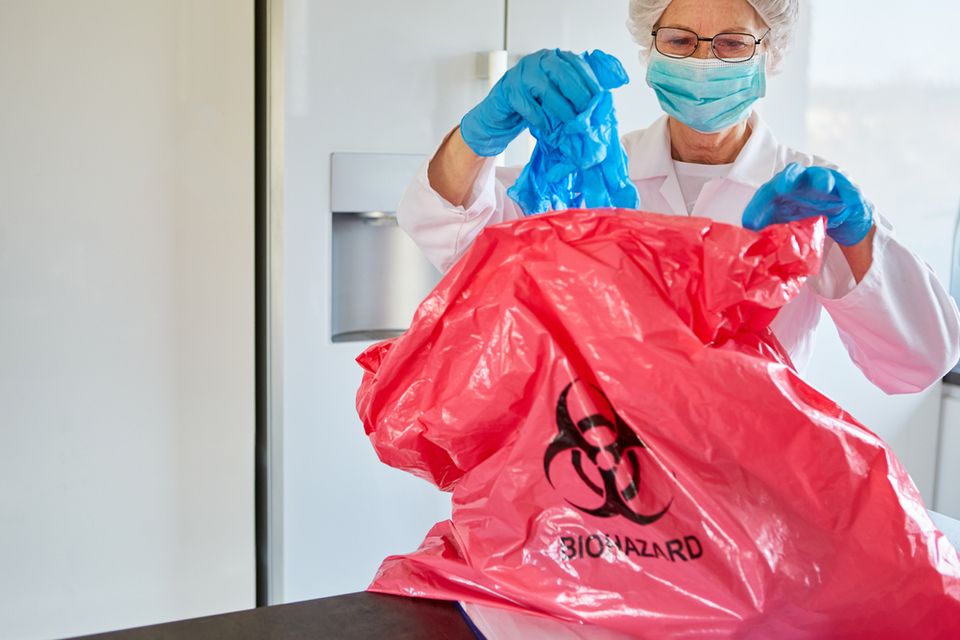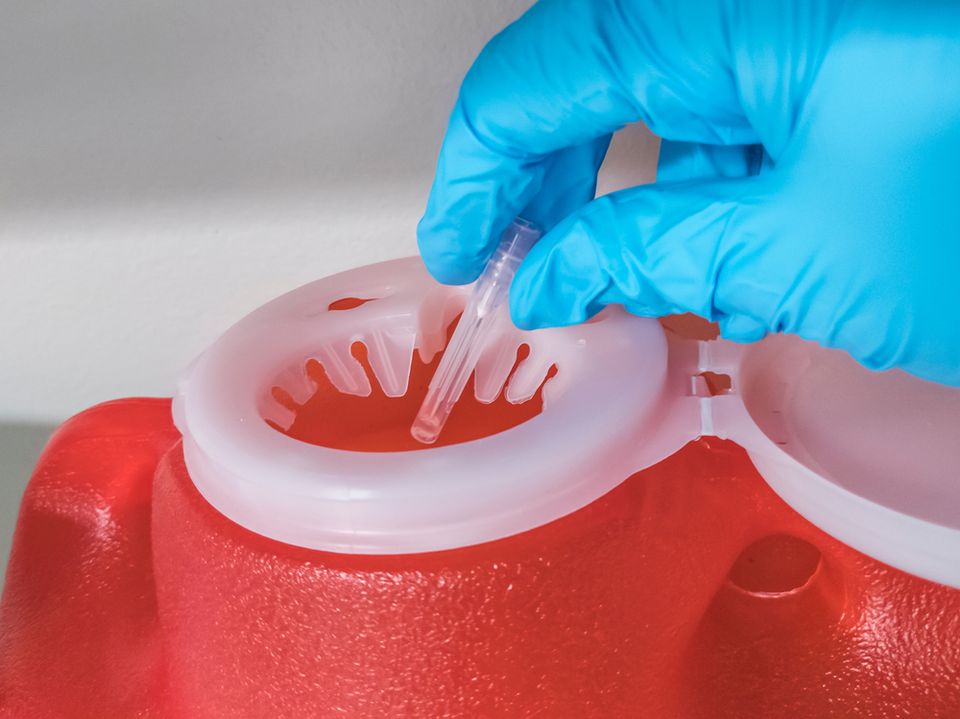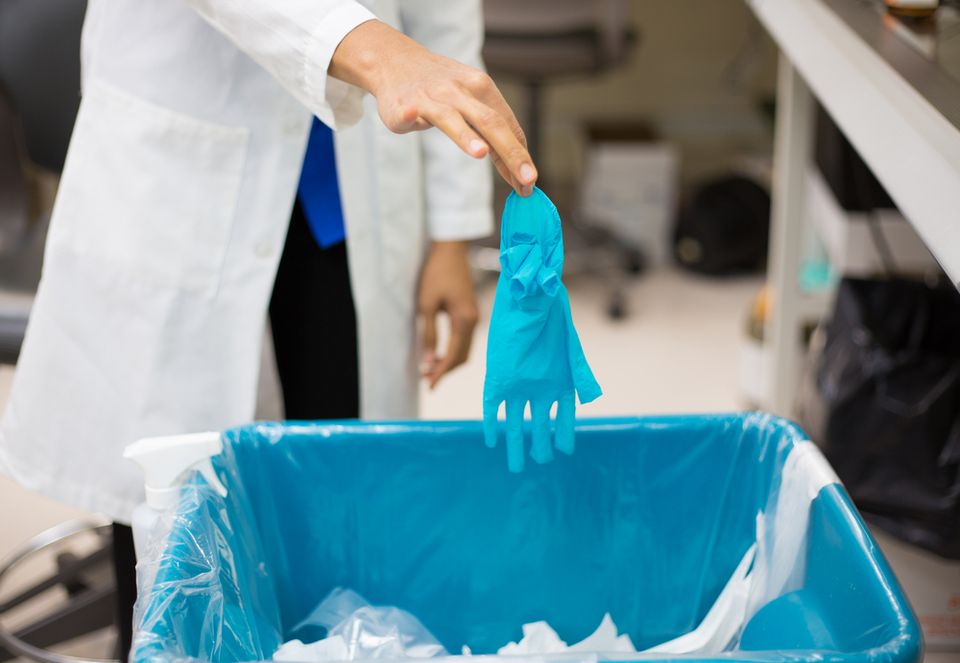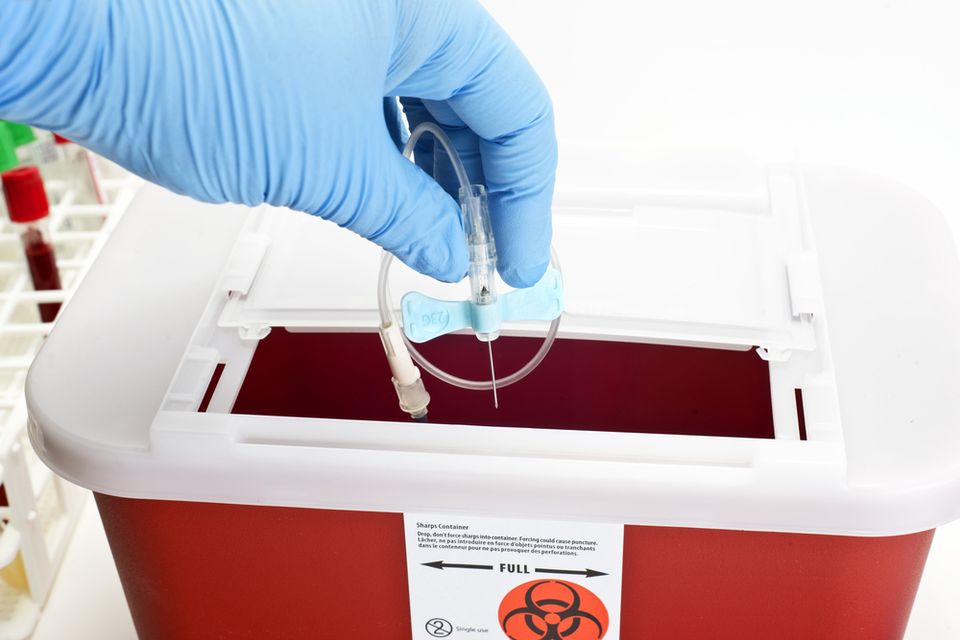Biohazard Waste Management Services

Are you a medical facility, dentist office or other healthcare provider? What is your office doing to ensure that all biohazard waste is being properly stored and discarded? The team of biohazard experts at National Medical Waste help clinics, hospitals, and medical centers stay in compliance with national health standards. Our biohazard disposal services are designed to save you money and improve the efficiency of your office.
How It Works
Depending on the size of your facility, location, and practice area, National Medical Waste will create a customized biohazard disposal program that minimizes risk and maximizes savings.
Staying in Compliance
Because medical products that come in contact with bodily fluids can pose a major public health risk, there are a variety of regulations that are designed to promote workplace compliance. From OSHA guidelines to EPA standards, National Medical Waste stays up-to-date on the highly specific rules related to biohazard waste treatment.
Who We Serve
National Medical Waste works with providers of all sizes, including hospitals, nursing homes, pharmaceutical manufacturers, medical laboratories, and veterinarians.
How It Works
Depending on the size of your facility, location, and practice area, National Medical Waste will create a customized biohazard disposal program that minimizes risk and maximizes savings.
Staying in Compliance
Because medical products that come in contact with bodily fluids can pose a major public health risk, there are a variety of regulations that are designed to promote workplace compliance. From OSHA guidelines to EPA standards, National Medical Waste stays up-to-date on the highly specific rules related to biohazard waste treatment.
Who We Serve
National Medical Waste works with providers of all sizes, including hospitals, nursing homes, pharmaceutical manufacturers, medical laboratories, and veterinarians.



